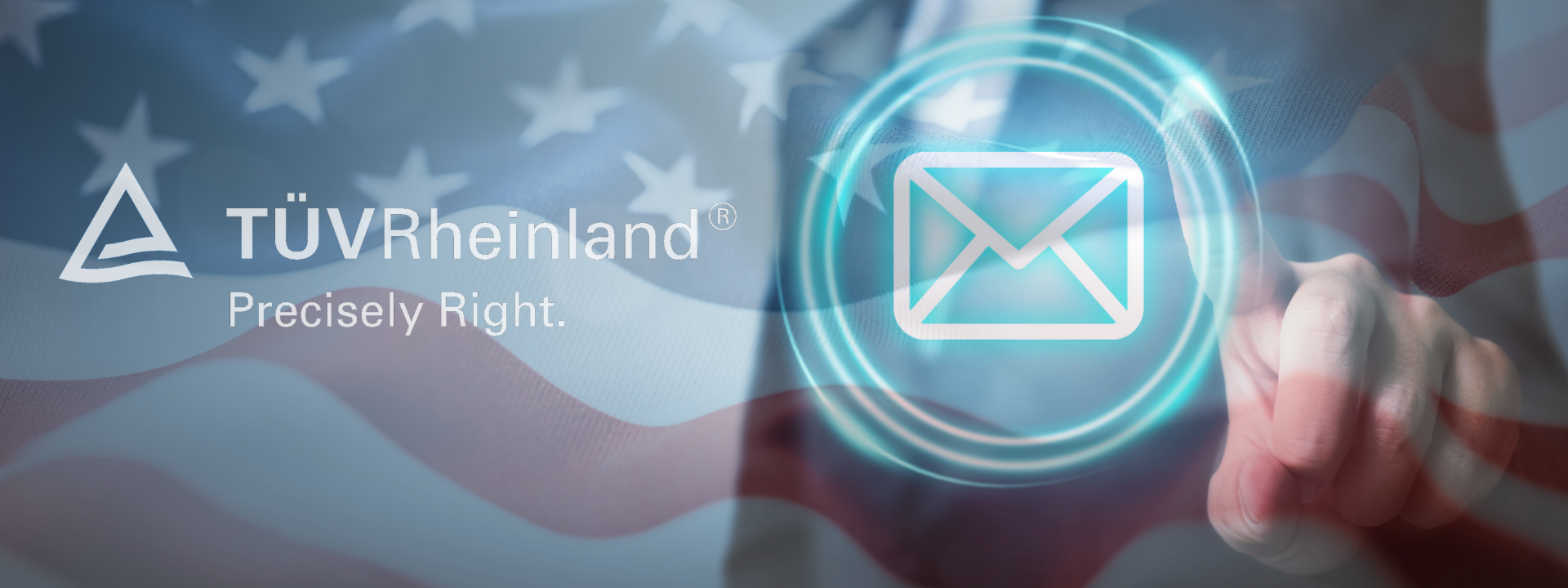
Expert guidance and certification services for all e-commerce marketplace sellers
Understanding the CPSC E-Commerce Requirements
The Consumer Product Safety Commission has implemented requirements that directly impact e-commerce marketplace sellers. As a supplier of regulated products through online platforms, you must ensure your products meet all applicable safety standards and maintain proper documentation. These requirements apply across all e-commerce marketplaces, and non-compliance can result in product removals, penalties, and potential legal liability.
Common CPSC Violations in E-Commerce
Lead Content Violations
All accessible component parts of children's products must comply with lead content limits of 100 parts per million (ppm). Paint and similar surface coatings on children's products must not exceed 90 ppm of lead.
While certain materials may be exempt from testing—such as natural textiles, pure wood, and CMYK printing processes—proper documentation remains essential. Testing must be conducted at CPSC-accepted laboratories, and there are specific requirements for substrate materials, surface coatings, and component parts.
The citations that must appear on your Children's Product Certificate include 15 U.S.C. § 1278a for consumer paints and 16 CFR part 1303 for lead in paint and other surface coatings.
Children's Sleepwear Flammability
Children's sleepwear must comply with stringent flammability standards beyond those for general apparel. These standards apply to various sleepwear items such as nightgowns, pajamas, and robes up to size 14.
The standards include specific testing protocols under 16 CFR parts 1615 (sizes 0-6X) and 1616 (sizes 7-14), with requirements that vary based on garment size. Tight-fitting sleepwear must meet specific dimensional requirements and carry special labeling stating "Wear Snug-fitting, Not Flame Resistant."
Infant garments sized 9 months or smaller must meet different standards and include age-appropriate labeling. Even "loungewear" may be subject to these regulations per CPSC staff policy.
Choking Hazard Labeling
Products containing small parts, latex balloons, marbles, or small balls intended for children require specific cautionary labeling. Any toy or game containing small parts intended for children aged 3-6 must include warnings about choking hazards.
These labels must meet detailed requirements for content, prominence, conspicuousness, sizing, location, and color characteristics as detailed in 16 CFR §§ 1500.19, 1500.20, and 1500.121.
Additionally, these warning labels must appear in product advertisements that provide direct means to purchase the product, including e-commerce listings. Proper implementation of these warnings is critical for both compliance and consumer safety.
Tracking Label Requirements
All children's products must include permanent tracking information on both the product and packaging. Tracking labels must contain specific information that enables the manufacturer to determine the production location, date, and batch information in case of a recall.
The information must be permanently affixed to the extent practicable, considering the product's size, material, and intended use. E-commerce sellers must ensure their products contain these tracking labels before listing them for sale, as this requirement applies regardless of the sales channel.
Certificate of Compliance Requirements
Depending on your product type, you may need to produce either Children's Product Certificates (CPCs) based on third-party testing or General Certificates of Conformity (GCCs) based on reasonable testing programs.
These certificates must contain seven specific elements:
1. Identification of the product covered by the certificate
2. Citation to each applicable consumer product safety rule
3. Identification of the manufacturer or private labeler
4. Contact information for the individual maintaining records
5. Date and place of manufacture
6. Date and place of testing
7. Identification of any third-party laboratory
While these certificates aren't submitted to the CPSC, they must accompany each product shipment, be furnished to distributors and retailers, and be made available upon request from regulators. Electronic certificates are acceptable if properly accessible.
Our Comprehensive Solution
TÜV Rheinland provides end-to-end support for CPSC compliance across all e-commerce platforms. Our integrated approach begins with a thorough product assessment to identify all applicable regulations. We then conduct comprehensive testing through our global network of accredited laboratories, ensuring your products meet all CPSC requirements.
Our documentation experts help prepare and maintain all necessary certificates, whether CPCs or GCCs, ensuring they contain all required elements and properly reference applicable standards. We also provide ongoing monitoring of regulatory changes, helping you stay ahead of evolving requirements.
This comprehensive approach addresses every aspect of compliance, from initial assessment through continuous monitoring, allowing you to focus on growing your e-commerce business with confidence.
Your Path to CPSC Compliance
Our proven process ensures your products meet all CPSC requirements:
1. Initial Assessment: Thorough evaluation of your product portfolio to identify applicable regulations and potential compliance gaps
2. Testing Protocol Development: Creation of customized testing plans based on your specific product categories and materials
3. Accredited Laboratory Testing: Comprehensive testing using CPSC-accepted methods and facilities
4. Documentation Preparation: Development of compliant CPCs or GCCs with all required elements
5. Labeling Compliance: Guidance on tracking labels, warning statements, and other required markings
6. Implementation Support: Assistance with integrating compliance procedures into your business operations
7. Ongoing Monitoring: Continuous updates on regulatory changes affecting your products
Expert Services for E-Commerce Sellers
Our dedicated team provides specialized support throughout your compliance journey, tailored specifically to the unique challenges of e-commerce. We understand the complexities of selling across multiple platforms and international markets.
Our experts work closely with you to develop customized compliance strategies that address your specific product categories and business model. We provide detailed guidance on testing requirements, documentation needs, and labeling specifications for each product type.
Our certification experts help streamline your compliance documentation, ensuring consistent application across all sales channels. We also offer continuous monitoring services that alert you to regulatory changes affecting your product categories. Additionally, our team provides training and educational resources to help your staff understand compliance requirements and implement effective internal processes.
Why Choose TÜV Rheinland?
- 150+ Years of Experience: Unparalleled expertise in product safety and compliance.
- Global Laboratory Network: CPSC-accepted testing facilities around the world.
- E-Commerce Expertise: Specialized knowledge of online marketplace requirements.
- Comprehensive Solutions: End-to-end support from assessment to certification.
- Regulatory Knowledge: Continuous monitoring of evolving CPSC requirements.
- Dedicated Support Team: Personalized guidance throughout your compliance journey.
Get Started Today
Don't let CPSC requirements impact your e-commerce business. Contact our experts for a personalized consultation.
Connect with us!
Back to top



